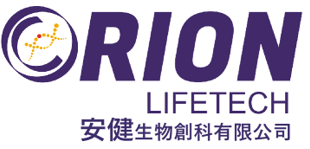What is Regenerative Medicine?
Regenerative medicine is the branch of medicine that develops methods to regrow, repair or replace damaged or diseased cells, organs or tissues. This field holds the promise of regenerating damaged tissues and organs in the body by replacing damaged tissue or by stimulating the body’s own repair mechanisms to heal tissues or organs.
Regenerative Medicine refers to a group of biomedical approaches to clinical therapies that may involve the use of stem cells. Examples include cell therapies (the injection of stem cells or progenitor cells); immunomodulation therapy (regeneration by biologically active molecules administered alone or as secretions by infused cells).
Considering a stem cell treatment offer?
In the first instance, we recommend that you discuss your plans with a range of people, for example, your doctor or physician, your family, caregivers and a support or advocacy charity related to your condition.
The International Society for Stem Cell Research ISSCR’s website is a good source of information. We strongly recommend you (and your carers) to take a closer look at this website. ISSCR’s provides patient-focused information that can help you evaluate potential treatments.
With roughly 4,000 members from more than 60 countries, the ISSCR is the preeminent global, cross-disciplinary, science-based organization dedicated to stem cell research and its translation to the clinic.
Formed in 2002, the Society promotes global collaboration among the world’s most talented and committed stem cell scientists and physicians, and plays a catalyzing role in the development of effective new medical treatments.
What are the challenges?
Stem cell treatments are all specialist procedures. They should be performed only in specialized centres authorized by local health authorities. You must pay extra caution before paying for any stem cell treatments.
